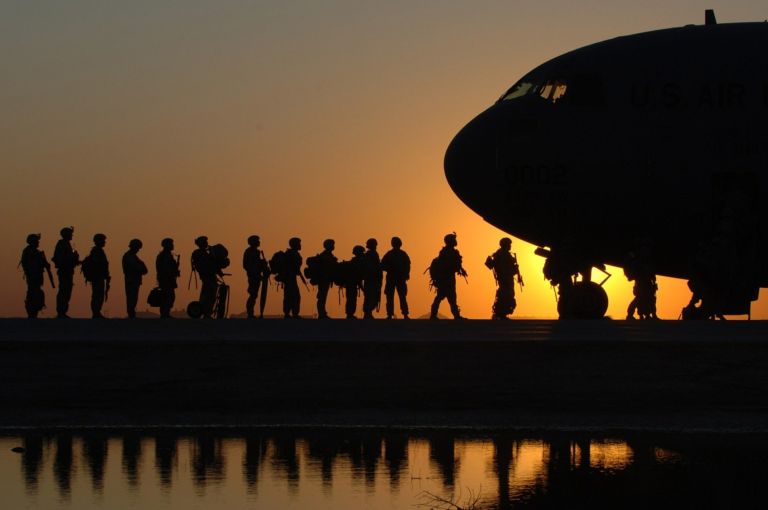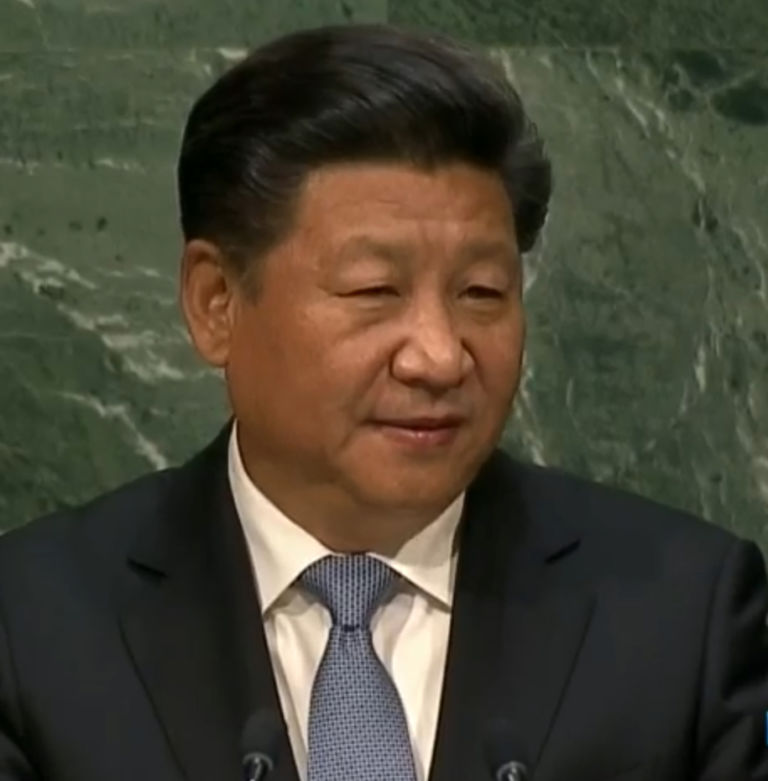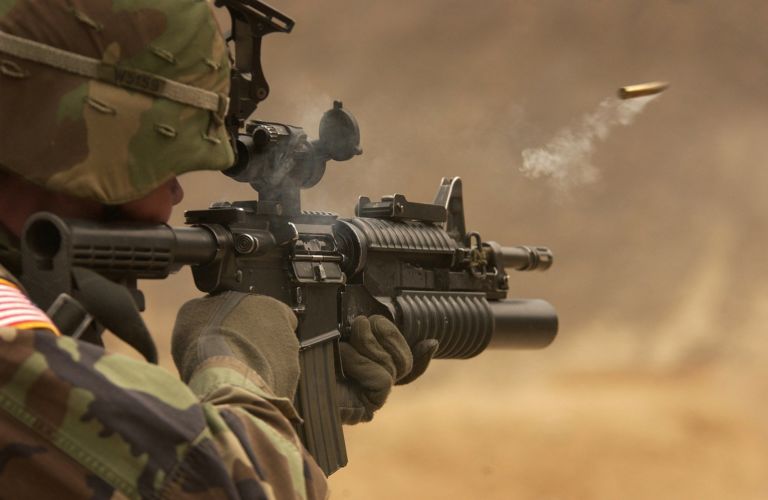Those of you who listened to the recent Carolina Journal Radio interview with North Korean refugee Cherie Yang might find some interest in Doug Bandow‘s latest column for the Washington Examiner.
What makes the north such a challenge is that there is no obvious solution to any aspect of its malignant behavior. There isn’t much that Washington and its allies, or even China, can do to keep it in check.
Current policy, combining isolation with an offer to negotiate if the north moves toward denuclearization, has failed. Pyongyang steadily built its nuclear arsenal and improved its missiles with international condemnation as background noise. It has proved more likely to behave provocatively when it thinks it was being ignored.
Some policymakers, such as Sen. John McCain, R-Ariz., suggested war is an option. But even without nuclear weapons, the north could turn the south’s political, industrial and population heart into the threatened lake of fire. And Pyongyang is likely to see any military action as the start of full-scale war and an effort at regime change, prompting massive retaliation. …
… The Obama administration has asked Beijing without success to press North Korea to be reasonable by cutting off food and energy supplies. China is unhappy with its unpredictable client but values stability over denuclearization, and is unwilling to make North Korean collapse more likely. It doesn’t want conflict on its doorstep with loose nukes and mass refugee flows. Nor does Beijing want to encourage Korean reunification that would put the peninsula under American control with U.S. troops on its border.
All this means negotiation is the only remaining option, not that it is possible to retain illusions of success. Virtually no one believes Pyongyang will give up its nukes. The benefits of keeping them are too great. Jong-un is unlikely to provoke his marginally loyal military by negotiating away their most powerful weapon.
But the north might be willing to agree to other U.S. objectives, such as a cap on nuclear activity, pull-back of conventional forces, greater international transparency or discussion on human rights. Beginning a dialogue, even initiating a diplomatic presence, however small, would at least offer the U.S. a window into an otherwise mysterious and closed society.
More importantly, the U.S. should turn South Korea’s defense over to Seoul. North Korea threatens America only because the U.S. has stations troops in the Korean peninsula. The need for such a presence disappeared years ago. South Korea developed a prosperous democracy, racing far past the north on almost every measure. Seoul has taken on an increasingly important international role. Its final step should be to take over the task of deterring the north. It’s a dirty job, but it should be the responsibility of South Koreans rather than Americans after all these years.


